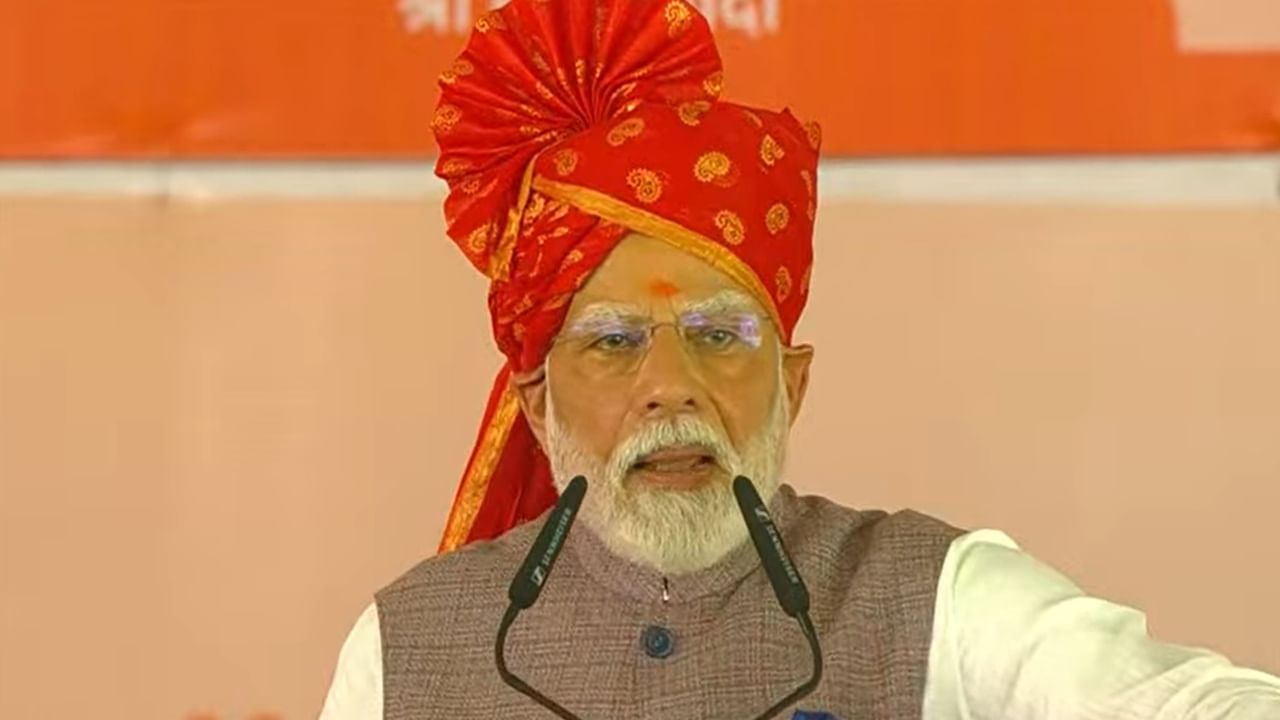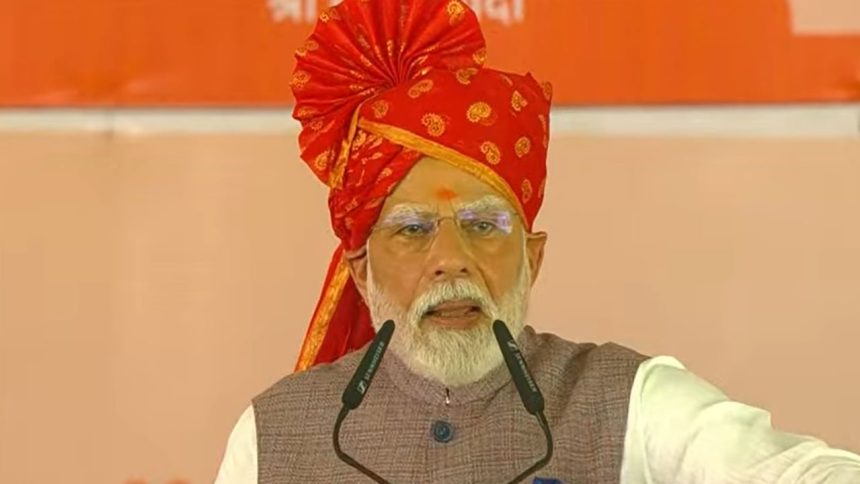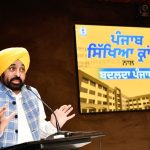
New Delhi: Since Prime Minister Narendra Modi gained power in 2014, the Indian government has made great stride in pursuing foreign policy and made multiple achievements. The last 11 years have been characterised with elevating the India’s global understanding, be it engaging with neighbours, solving Doklam crisis or strengthening relations with the West.
Here is a breakdown of the Modi government’s foreign policy achievement.
2017 Doklam crisis: A 73-day tense military standoff in 2017 brought two powerful neighbours-India and China-on the brink over a road construction by China at the Doklam plateau, which Bhutan claim as its own. Following the incident, India intervened in the matter citing its alliance with Bhutan and after concerns over security. Thanks to the diplomatic by the Modi govt, the crisis was resolved amicably and with mutual withdrawal of forces by both the nations. Similar situation took place in Despand and Demchok in eastern Ladakh when two neighbours withdrew their troops following months long standoff.
Neighbourhood first policy: The government of Prime Minister Narendra has given preference to boosting relations with its neighbours. This policy is highlighted by the signing of Land Boundary Agreement with Bangladesh in 2015, friendly engagement with Bhutan, Nepal and other South Asian nations. The primary focus of the government remains regional cooperation and stability.
Navy personnel release from Qatar: In a major diplomatic success, the Modi government successfully negotiated the release of 8 former Indian navy personnel from Qatari jail. These ex-navy men were accused of spying by Qatar. After successful diplomatic engagements, the Qatari govt released all the men in 2024. Initially, all the 8 ex-servicemen, who were working for a Qatari company Dahra Global, were sentenced to death but their capital punishment was commuted to longer jail sentences.
Multilateral approach: India has always resisted being in one powerful global camp since its independence from British rule. Even the first Prime Minister Jawaharlal Nehru adopted the policy of non-alignment and conducted an equal business with world powers. Similarly, the Modi govt followed the path of multilateralism and actively engaged with BRICS, the G20,Shanghai Cooperation Organisation (SCO) and other global groupings to best serve India’s interests and contribute to global governance. Among other bigger achievements was the presidency of G20 and hosting the global event in India in September 2023 at the iconic Bharat Mandapam.
Engagement in West Asia: Millions of Indians work in the West Asian nations like Saudi Arabia, Dubai, Oman, Bahrain and others and send back billions of dollars of crucial remittances boosting Indian economy. Prime Minister Narendra Modi has been on consistent diplomatic dialogue with all the major Gulf nations to strengthen ties including people to people contact, trade and investment. For decades, India also imported crude oil from Gulf nations that drove its economy.
Ties with West: India’s relations with Western powers had always been cordial as lakhs of people from India go to US, Europe and other western nations for employment opportunities. India also maintained friendly relations with Russia thereby maintaining a balancing act.










